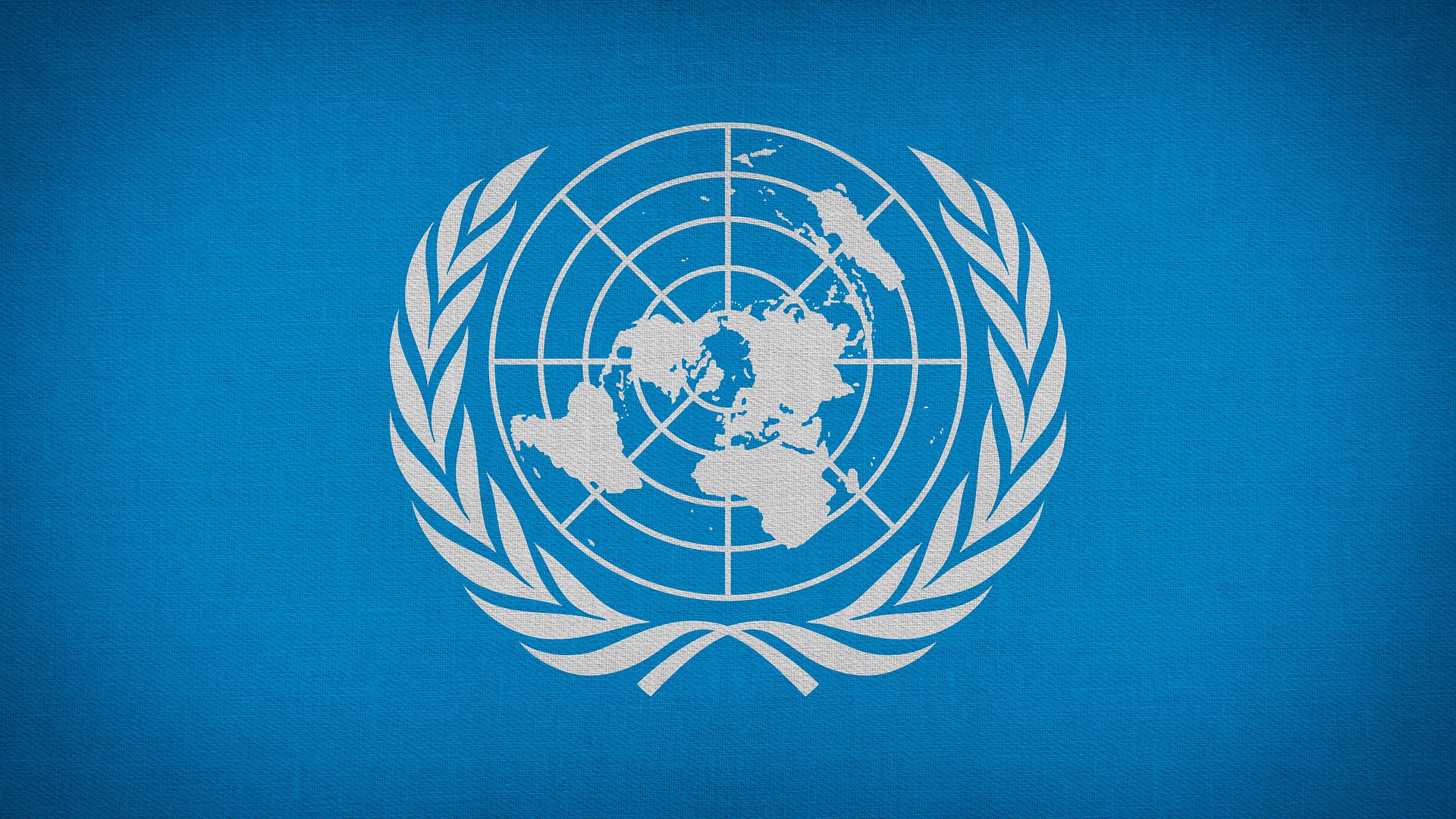
403
Sorry!!
Error! We're sorry, but the page you were
looking for doesn't exist.
79th UN General Assembly brings together representatives from 193 member states to address pressing global issues
(MENAFN) The recently concluded 79th United Nations General Assembly, held in New York from September 24 to September 30, brought together representatives from 193 member states to address pressing global issues, prominently featuring the Israeli military actions in Gaza and Lebanon. The assembly witnessed the participation of numerous dignitaries, including 76 heads of state, four princes, two heads of government, and a host of deputy ministers and European Union representatives, according to reports by Anadolu.
During the opening session, which drew significant attention, Türkiye's President Recep Tayyip Erdogan took the stage after U.S. President Joe Biden, emphasizing the urgent need for international intervention in the escalating Gaza crisis. Erdogan painted a stark picture of the humanitarian situation, describing Gaza as "the world’s largest cemetery for women and children," and lamented the United Nations' apparent failure to effectively address the ongoing violence.
Highlighting a broader concern, Erdogan expressed his discontent with the United Nation's current functionality, stating, "We observe with regret that in recent years, the United Nations is struggling to fulfill its founding mission and is gradually turning into a dysfunctional, unwieldy and inert structure." He underscored the need for reform within the organization, referencing his well-known phrase, “the world is bigger than five,” which critiques the unrepresentative nature of the United Nations Security Council's membership.
Erdogan's address resonated widely, particularly his poignant inquiries directed at human rights organizations. He challenged their silence on the plight of individuals in Gaza and the West Bank, asking rhetorically, "Are the ones in Gaza, the ones in the West Bank not human beings? The children in Palestine, do they not have the right to study, live, and play in the streets?”
His remarks sparked considerable media coverage and underscored the assembly’s significance as a platform for not only discussing international conflict but also advocating for fundamental human rights and systemic reforms within global governance structures. The assembly served as a critical juncture for leaders to unite in calling for accountability and action in response to the humanitarian crises unfolding in the Middle East.
During the opening session, which drew significant attention, Türkiye's President Recep Tayyip Erdogan took the stage after U.S. President Joe Biden, emphasizing the urgent need for international intervention in the escalating Gaza crisis. Erdogan painted a stark picture of the humanitarian situation, describing Gaza as "the world’s largest cemetery for women and children," and lamented the United Nations' apparent failure to effectively address the ongoing violence.
Highlighting a broader concern, Erdogan expressed his discontent with the United Nation's current functionality, stating, "We observe with regret that in recent years, the United Nations is struggling to fulfill its founding mission and is gradually turning into a dysfunctional, unwieldy and inert structure." He underscored the need for reform within the organization, referencing his well-known phrase, “the world is bigger than five,” which critiques the unrepresentative nature of the United Nations Security Council's membership.
Erdogan's address resonated widely, particularly his poignant inquiries directed at human rights organizations. He challenged their silence on the plight of individuals in Gaza and the West Bank, asking rhetorically, "Are the ones in Gaza, the ones in the West Bank not human beings? The children in Palestine, do they not have the right to study, live, and play in the streets?”
His remarks sparked considerable media coverage and underscored the assembly’s significance as a platform for not only discussing international conflict but also advocating for fundamental human rights and systemic reforms within global governance structures. The assembly served as a critical juncture for leaders to unite in calling for accountability and action in response to the humanitarian crises unfolding in the Middle East.

Legal Disclaimer:
MENAFN provides the information “as is” without warranty of any kind. We do not accept any responsibility or liability for the accuracy, content, images, videos, licenses, completeness, legality, or reliability of the information contained in this article. If you have any complaints or copyright issues related to this article, kindly contact the provider above.






















Comments
No comment